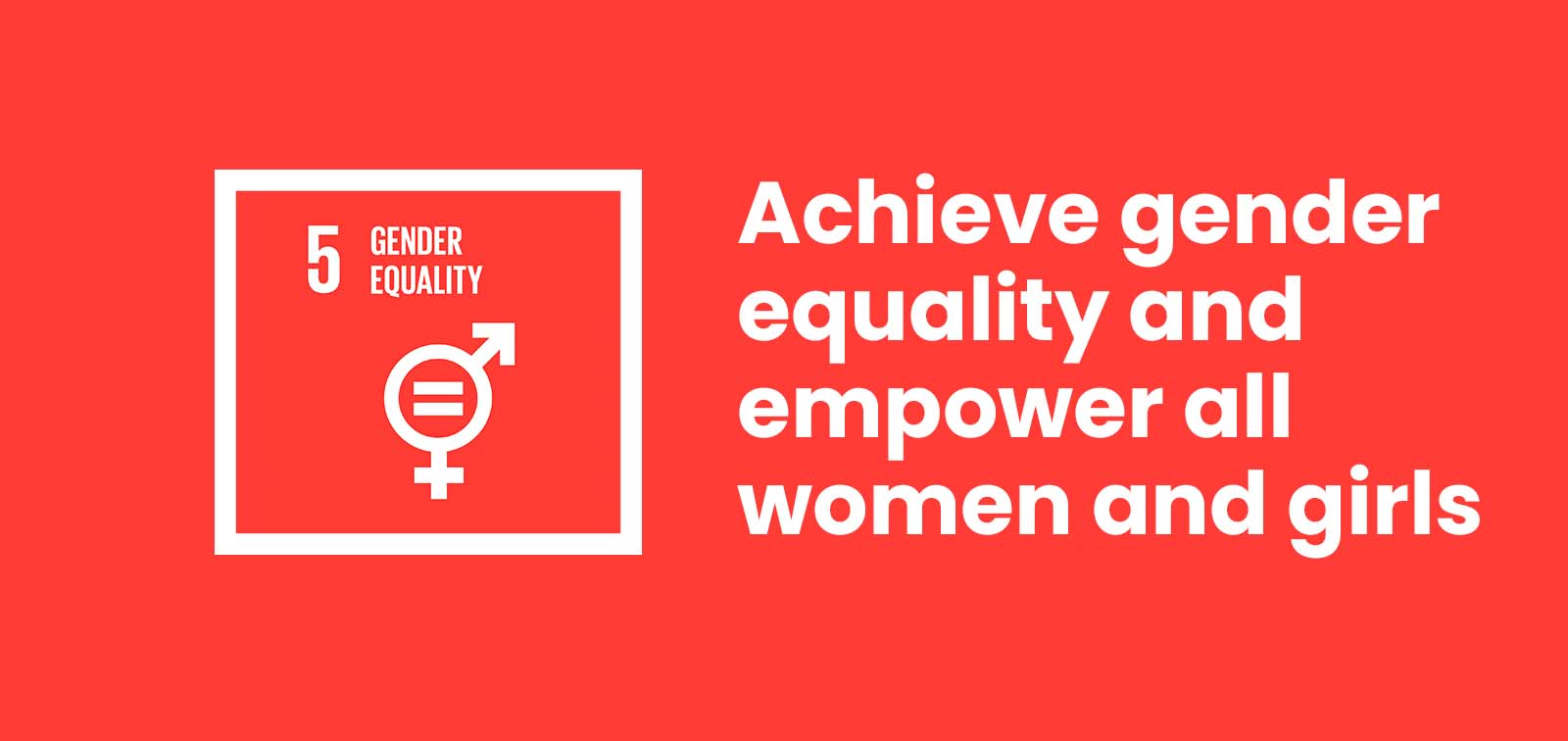By Terpsi Vassilopoulou,
The pursuit of gender equality has been one of the biggest struggles and goals when it comes to 21st century agendas all around the globe. With the emancipation of women more and more fields conducted research highlighting the differences, inequalities and stereotypes that had been embedded into societies when it comes to the two sexes and had established themselves through the domination of the patriarchy, affecting the lives of both men and women in all aspects. Even though a lot has been achieved since then and women around the world have a lot of wins to celebrate there still is a long way till gender inequality is truly eliminated. With the latest developments occupying current world affairs, such as the covid 19 pandemic highlighting the lack of progress, and with even more concerns occurring, 2023 reports from some of the most active in the matter organisations such as the European Union and the United Nations seem to be skeptical on the future of gender equality and its potential of achievement. The World Economic Forum warns that progress on gender equality globally has stalled and could even go into reverse. At the same time UN chief Antonio Guterres recently stated that “Gender equality is vanishing before our eyes. It is going to take societies more than 300 years if they are to continue in this pace.” In this climate of unrest and insecurity, gender mainstreaming appears to be one of the most promising tactics in tackling gender inequality effectively.
What, though, do we refer to when we talk about gender mainstreaming? According to the Council of Europe, Gender mainstreaming refers to the policy making strategy that specifically aims to achieve gender equality through integrating a gender perspective into the preparation, design, implementation, monitoring and evaluation of policies, regulatory measures and spending programmes, with a view to promote equality and combat discrimination. Gender mainstreaming aims to enhance the quality of policy-making and legislative work by implementing measures that are relevant to the majority of society, taking the needs of both men and women into consideration. Even though not that popular to the larger audience, the concept was first introduced in 1985 at the Nairobi world conference on women and was established 10 years later as one of the most promising tactics on the matter of achieving equality through the Beijing platform on action adopted by the UN. The need for its establishment was highlighted during that fourth UN conference, as research had exposed how biased policy-making decisions had been up to that point, only considering the needs and wants of policymakers, most of whom were men, and neglecting those of different groups, including women. Such decisions lead to inappropriate solutions and inadequate allocation of funds and programs for all society members. Therefore gender mainstreaming appeared as a means to ensure the quality of public policies, programs and projects, as well as the efficient and just allocation of all resources aiming to improve the well being of both men and women as well as the equal stance of both sexes.

Policy making and legislation are two of the most crucial means when tackling inequality and gender based discrimination as they interfere with the largest scale of every day life and activity. To ensure its effectiveness in these areas, gender mainstreaming employs four main pillars: Definition, Planning, Action, and Evaluation.
The first stage of definition includes tactics such as gender statistics and relative analysis. Through those practises the ones in charge, study the extent of the gender gap in all relative areas such as education, the labour market and more, indicate the deferent needs and priorities between sexes, while also consulting stakeholders in order to better address gender inequality and discrimination. In the second stage, Planning, gender consultants focus on procedures such as gender budgeting and procurement. Throughout this, the collection and allocation of public resources is examined with the goal of improving budgeting of public funds as well as restructuring revenues and expenditures in order to promote gender equality through for example designing and delivering contracts in a way that reduces inequality. The third pillar, Action, is primarily dedicated to providing equality training in policy-making and to society at large, with its main goal being to raise awareness and interest in gender matters. Lastly, the Evaluation and Monitoring stage involves following up on the implementation of various policies or programs. Are the objectives achieved? Is progress being made towards achieving the intended gender-related goals? Furthermore, the Evaluation stage involves examining existing policies and mechanisms to ensure that they are not perpetuating inequality.
Overall, it is proven that public interventions especially in policy making and legislation are more effective when it comes to dealing with matters such as gender inequality. Even though gender mainstreaming faces many challenges in today’s societies, such as a lack of awareness, sensitivity training, conceptual clarity, and technical capacity, and while it is not an end in itself, it remains one of the most promising strategies we have to combat gender inequality. Whether we are talking about raising awareness on the matter within societies, tackling the stereotypes and eliminating sexist views and practices or promoting governmental policies and legislation trying to bridge the gender gap in practice, gender mainstreaming is definitely one of the most effective means in our service.
References
- History and Basis of EU Anti-Discrimination Policy, Professor Carolyn Dudek (course notes).




